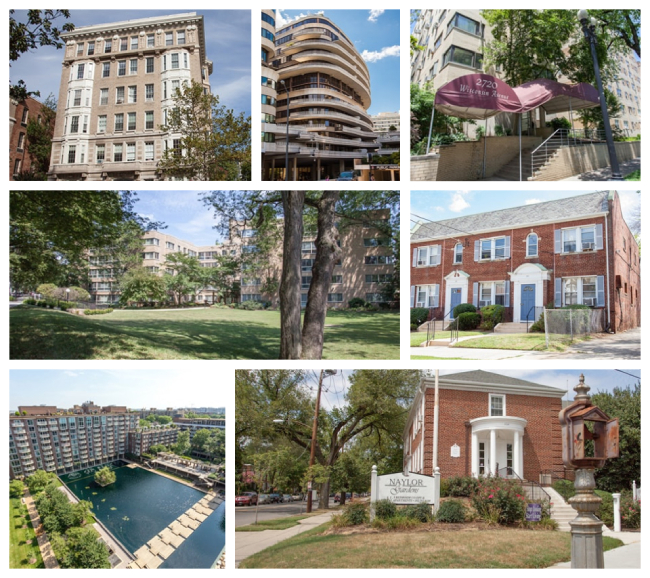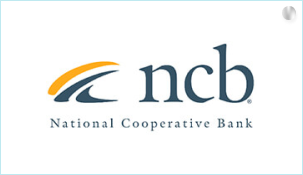Washington, D.C. Housing Co-ops: A History By Stephen McKevitt

 Scroll Down For More
Scroll Down For More

The DC Cooperative Housing Coalition exists to advance the common interests of cooperative housing associations in the District of Columbia to promote cooperative housing as a desirable form of home ownership. It is therefore both an advocacy organization that articulates the interests of members before government officials and regulatory agencies and a service organization that provides information and education to members.
Membership is open to all market-rate District housing cooperatives, regardless of size. A volunteer board of directors, elected by member co-ops, governs the Coalition. At least five seats on the board must be filled by representatives of small (50 or fewer units) cooperatives. Activities are financed through annual dues determined by the members at the annual meeting.
The United Nations proclaimed 2025 as the International Year of Cooperatives.This year’s theme “Cooperatives Build a Better World” underscores the enduring global impact of cooperatives, positioning them as essential solutions to today’s global challenges. The theme also emphasizes the unique ability of cooperatives to foster inclusive growth and strengthen community resilience.

The Coalition is pleased to provide the names and contact information for the service providers who support the District’s market-rate cooperatives. However, inclusion on this site does not imply Coalition endorsement of any individual or company. Service providers interested in being listed on our site should complete this form. Click on a category below to see lists of local businesses that provide services to cooperatives in that category. Service providers interested in being listed on our site should complete this form by clicking here.


